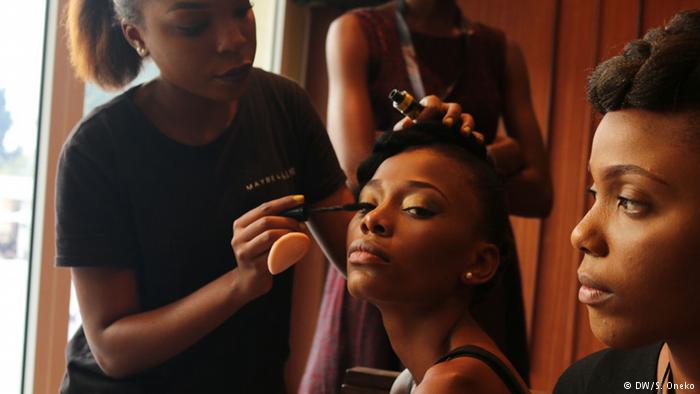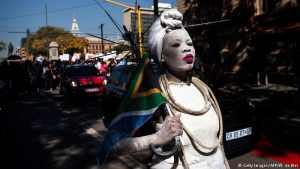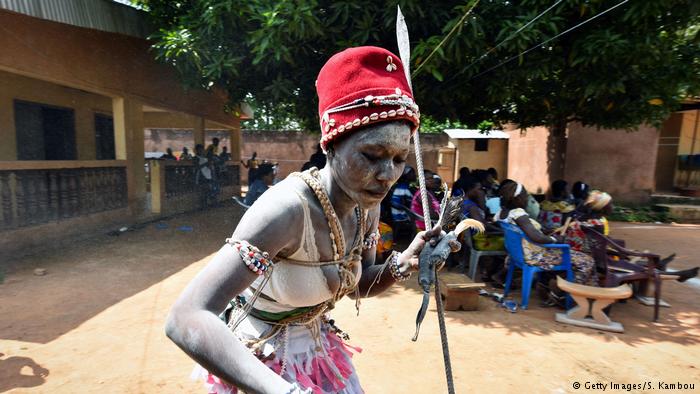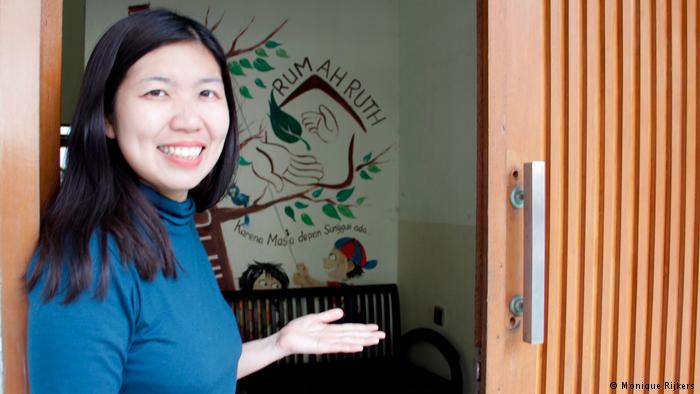She is worth far more than rubies – Real men don’t pay for sex

In 2016, #blessed took on a whole new meaning in South Africa, as supposedly “blessed” women took to social media, aka virtual reality, to unashamedly flaunt their gifts of luxury holidays, expensive cars, kitted from head to toe in branded, fancy threads.
How effortless these “blessed” women made it seem as they forge their way up the rungs of the social ladder while basking in all the attention that comes with a socialite lifestyle. Looks pretty ‘blessed’ indeed…at least from the outside looking in.
I was really amused to find that there is a Facebook group with over 50,000 members, where “blessers” can find “blessees”, who all openly announce their terms and conditions.
 But here’s what these glamorous, “blessed” women don’t let you in on. In the real world, aka offline, often the “blesser” is a much older, wealthy, cocky man who is not ashamed of paying for the upkeep of his younger girlfriend’s lifestyle in exchange for sex, while he is still married to another woman. Some of these “blessers” cheat and beat their “blessed” women only to make amends with expensive jewelry or other gifts.
But here’s what these glamorous, “blessed” women don’t let you in on. In the real world, aka offline, often the “blesser” is a much older, wealthy, cocky man who is not ashamed of paying for the upkeep of his younger girlfriend’s lifestyle in exchange for sex, while he is still married to another woman. Some of these “blessers” cheat and beat their “blessed” women only to make amends with expensive jewelry or other gifts.
The “sugar daddy” phenomenon has been around for ages and preys especially on the vulnerability of young women, who are trying to survive in a corrupt patriarchal society. Most of the “blessed” women in South Africa are young students, struggling to secure employment, advance their education and acquire a higher social standing.
 The phenomenon is particularly problematic in poorer communities, where for example a granny who is the legal guardian of five grandchildren but cannot take care of all of them might be approached by an older man who promises to take care of the whole family if he can have sex with the underage granddaughter. Due to the multi-partner nature of these relationships, the risk of contracting HIV/AIDS and other sexually transmitted diseases is increased, as is that of unwanted pregnancies.
The phenomenon is particularly problematic in poorer communities, where for example a granny who is the legal guardian of five grandchildren but cannot take care of all of them might be approached by an older man who promises to take care of the whole family if he can have sex with the underage granddaughter. Due to the multi-partner nature of these relationships, the risk of contracting HIV/AIDS and other sexually transmitted diseases is increased, as is that of unwanted pregnancies.
In a society rife with poverty, unemployment and gender inequality, this “blesser-blessee” culture further exploits the gender imbalance. While certain “blessed” women are ready to make transactions to maintain their lifestyle, some teenage girls follow suit to pursue this ‘way of life’ but lack the assertiveness to negotiate their needs in a relationship, often coerced into sexual activities. Seemingly smart women are oppressed.
It’s ironic that some women consider themselves “blessed” whereas they pay the highest price. By taking a shortcut to the highlife, sustaining their future without a stable foundation based on education, integrity and personal character building, women compromise on their freedom, dignity and well-being – emotionally, physically and psychologically.

A woman dressed in a wedding gown and holding a South African flag leads a march organized on May 20, 2017 in Pretoria against the abuse of women.
Is it really worth becoming a slave to a virtual reality, to wealth you haven’t earned, this so-called life of opulence which will be taken away like a rug from under your feet, when – not if, because it will happen – one day your “blesser” finds a better, younger model and changes his mind?
Again, this only highlights the need to break the cycle of poverty that plagues women more than ever in South Africa by raising awareness about women’s rights and promoting women’s empowerment. What is the point of the constitution if women do not have real rights or equal opportunities to progress in a corrupt, male-dominated society?
It’s time women knew their worth! If they know they are priceless, no “blesser” will be able to afford them!
Author: Sarona Woler
Editor: Anne Thomas
_____
WTO RECOMMENDS
“You have taken my body, but you will never take ME”- Jes Foord’s story of surviving gang rape
Rape culture in South Africa has become somewhat of a norm, a sign of its pervasive nature and society’s biased attitude towards gender and sexuality. Official statistics do not always reflect the fact that so many cases go unreported. This enduring nightmare often leaves victims helpless and scared for life. One victim of rape, decided to turn her status around, by taking this horrific crime and making it work for the greater good of the community around her. (From August 14, 2017)
The Proudly South African Kangamama
Ashle Skaftouros is a phenomenon. After meeting the founder of Kangamama, you simply cannot forget her. She is the poster child of a beautiful African woman. Her a little crazy, a bit cheeky, but always inspiring attitude causes a shift in the atmosphere around her. At least, this is the impression I got when I first encountered her many years ago. She stood out as someone who was destined to make a difference in her world. (From July 29, 2017)
Almost every South African woman has a story of struggle
There are different shades of South African women. From caramel, to yellow bone, to peach and beige to brown to melanin envy dark and then 50 shades in between. All of these women are truly beautiful, with a sassy spirit that is required to overcome their back story of struggle and abomination. (From Marc 28, 2017)






